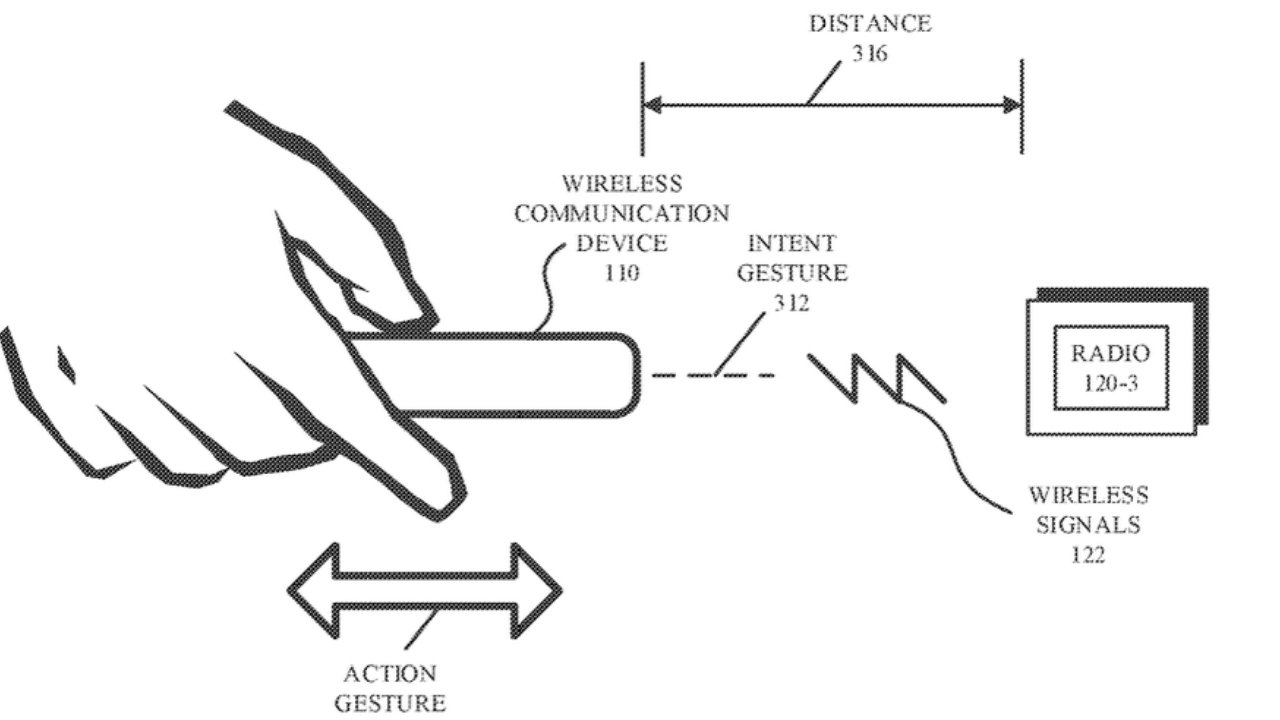
Four Chinese AI startups to watch beyond DeepSeek
www.technologyreview.com
The meteoric rise of DeepSeekthe Chinese AI startup now challenging global giantshas stunned observers and put the spotlight on Chinas AI sector. Since ChatGPTs debut in 2022, the countrys tech ecosystem has been in relentless pursuit of homegrown alternatives, giving rise to a wave of startups and billion-dollar bets.Today, the race is dominated by tech titans like Alibaba and ByteDance, alongside well-funded rivals backed by heavyweight investors. But two years into Chinas generative AI boom we are seeing a shift: Smaller innovators have to carve out their own niches or risk missing out. What began as a sprint has become a high-stakes marathonChinas AI ambitions have never been higher.An elite group of companies known as the Six TigersStepfun, Zhipu, Minimax, Moonshot, 01.AI, and Baichuanare generally considered to be at the forefront of Chinas AI sector. But alongside them, research-focused firms like DeepSeek and ModelBest continue to grow in influence. Some, such as Minimax and Moonshot, are giving up on costly foundational model training to hone in on building consumer-facing applications on top of others models. Others, like Stepfun and Infinigence AI, are doubling down on research, driven in part by US semiconductor restrictions.We have identified these four Chinese AI companies as the ones to watch.StepfunFounded in April 2023 by former Microsoft senior vice president Jiang Daxin, Stepfun emerged relatively late onto the AI startup scene, but it has quickly become a contender thanks to its portfolio of foundational models. It is also committed to building artificial general intelligence (AGI), a mission a lot of Chinese startups have given up on.With backing from investors like Tencent and funding from Shanghais government, the firm released 11 foundational AI models last yearspanning language, visual, video, audio, and multimodal systems. Its biggest language model so far, Step-2, has over 1 trillion parameters (GPT-4 has about 1.8 trillion). It is currently ranked behind only ChatGPT, DeepSeek, Claude, and Geminis models on LiveBench, a third-party benchmark site that evaluates the capabilities of large language models.Stepfuns multimodal model, Step-1V, is also highly ranked for its ability to understand visual inputs on Chatbot Arena, a crowdsource platform where users can compare and rank AI models performance.This company is now working with AI application developers, who are building on top of its models. According to Chinese media outlet 36Kr, demand from external developers to use Stepfuns multimodal API surged over 45-fold in the second half of 2024.ModelBestResearchers at the prestigious Tsinghua University founded ModelBest in 2022 in Beijings Haidian district. Since then, the company has distinguished itself by leaning into efficiency and embracing the trend of small language models. Its MiniCPM seriesoften dubbed Little Powerhouses in Chineseis engineered for on-device, real-time processing on smartphones, PCs, automotive systems, smart home devices, and even robots. Its pitch to customers is that this combination of smaller models and local data processing cuts costs and enhances privacy.ModelBests newest model, MiniCPM 3.0, has only 4 billion parameters but matches the performance of GPT-3.5 on various benchmarks. On GitHub and Hugging Face, the companys models can be found under the profile of OpenBMB (Open Lab for Big Model Base), its open-source research lab.Investors have taken note: In December 2024, the company announced a new, third round of funding worth tens of millions of dollars.ZhipuAlso originating at Tsinghua University, Zhipu AI has grown into a company with strong ties to government and academia. The firm is developing foundational models as well as AI products based on them, including ChatGLM, a conversational model, and a video generator called Ying, which is akin to OpenAIs Sora system.GLM-4-Plus, the companys most advanced large language model to date, is trained on high-quality synthetic data, which reduces training costs, but has still matched the performance of GPT-4. The company has also developed GLM-4V-Plus, a vision model capable of interpreting web pages and videos, which represents a step toward AI with more agentic capabilities.Among the cohort of new Chinese AI startups, Zhipu is the first to get on the US governments radar. On January 15, the Biden administration revised its export control regulations, adding over 20 Chinese entitiesincluding 10 subsidiaries of Zhipu AIto its restricted trade list, restricting them from receiving US goods or technology for national interest reasons. The US claims Zhipus technology is helping Chinas military, which the company denies.Valued at over $2 billion, Zhipu is currently one of the biggest AI startups in China and is reportedly soon planning an IPO. The companys investors include Beijing city government-affiliated funds and various prestigious VCs.Infinigence AIFounded in 2023, Infinigence AI is smaller than other companies on this list, though it has still attracted $140 million in funding so far. The company focuses on infrastructure instead of model development. Its main selling point is its ability to combine chips from lots of different brands successfully to execute AI tasks, forming whats dubbed a heterogeneous computing cluster. This is a unique challenge Chinese AI companies face due to US chip sanctions.Infinigence AI claims its system could increase the effectiveness of AI training by streamlining how different chip architecturesincluding various models from AMD, Huawei, and Nvidiawork in synchronization.In addition, Infinigence AI has launched its Infini-AI cloud platform, which combines multiple vendors products to develop and deploy models. The company says it wants to build an effective compute utilization solution with Chinese characteristics, and native to AI training. It claims that its training system HetHub could reduce AI models training time by 30% by optimizing the heterogeneous computing clusters Chinese companies often have.Honorable mentionsBaichuanWhile many of its competitors chase scale and expansive application ranges, Baichuan AI, founded by industry veteran Wang Xiaochuan (the founder of Sogou) in April 2023, is focused on the domestic Chinese market, targeting sectors like medical assistance and health care.With a valuation over $2 billion after its newest round of fundraising, Baichuan is currently among the biggest AI startups in China.MinimaxFounded by AI veteran Yan Junjie, Minimax is best known for its product Talkie, a companion chatbot available around the world. The platform provides various characters users can chat with for emotional support or entertainment, and it had even more downloads last year than leading competitor chatbot platform Character.ai.Chinese media outlet 36Kr reported that Minimaxs revenue in 2024 was around $70 million, making it one of the most successful consumer-facing Chinese AI startups in the global market.MoonshotMoonshot is best known for building Kimi, the second-most-popular AI chatbot in China, just after ByteDances Doubao, with over 13 million users. Released in 2023, Kimi supports input lengths of over 200,000 characters, making it a popular choice among students, white-collar workers, and others who routinely have to work with long chunks of text.Founded by Yang Zhilin, a renowned AI researcher who studied at Tsinghua University and Carnegie Mellon University, Moonshot is backed by big tech companies, including Alibaba, and top venture capital firms. The company is valued at around $3 billion but is reportedly scaling back on its foundational model research as well as overseas product development plans, as key people leave the company.
0 Yorumlar
·0 hisse senetleri
·37 Views











